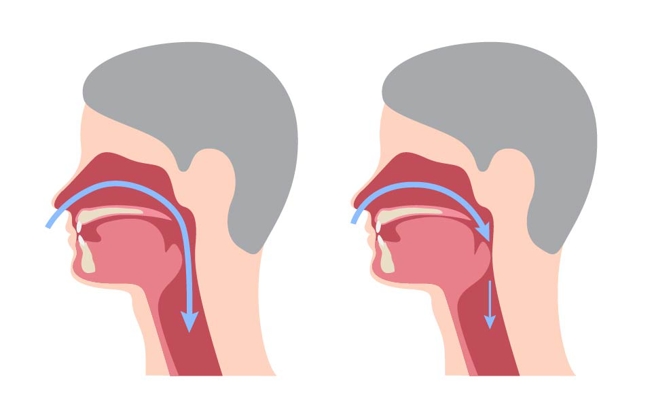Stress & Heart Disease
- Category: Family Health, Heart Disease Education, Heart Health, Men's Health, Senior Health, Women's Health, family care
- Posted On:

The Link Between Mental Health & Your Heart
Whether you’ve got important deadlines coming up at work, an important presentation coming up at school, or you’re a stay-at-home parent—everyone experiences elevated levels of stress every now and then. However, having consistently high levels of stress can wreak havoc on your heart health.
In light of Emotional Wellness Month, the health experts at Parrish Healthcare are here to outline how your emotional health can negatively impact your cardiovascular health.
What is Chronic Stress?
While experiencing elevated levels of stress can be fairly common and relatively harmless, chronic stress can have negative implications on your general health and wellness. Chronic stress happens when your body has prolonged exposure to your brain’s stress response, where chemicals like adrenaline and cortisol are pumped into the body.
Unfortunately, this can cause a spike in your blood pressure, increasing your risk for developing cardiovascular disease and having cardiac events like heart attack and stroke.
Unhealthy Coping Mechanisms
Elevated stress levels can lead you to turn to unhealthy coping mechanisms, which subsequently leave you at a significantly increased risk of developing heart disease. Some common coping techniques include:
- Smoking and using tobacco products.
- Physical inactivity.
- Overeating.
- Turning to processed and fatty foods.
- Misusing and abusing medications.
- Drinking alcohol excessively.
Healthy Ways to Reduce Your Stress Levels
Fortunately, there are plenty of ways that you can keep your stress levels at bay while keeping your heart health in mind. Some simple ways to help reduce your stress levels include:
- Getting regular exercise.
- Taking nature walks.
- Spending time with friends and family.
- Getting 7-9 hours of sleep each night.
- Practice mindfulness.
- Participate in hobbies you enjoy.
- Keep a journal.
- Paying attention to your stress triggers,
- Try yoga.
If you have additional questions about how you can effectively support your heart health, be sure to reach out to your primary care doctor or your cardiovascular care team.
Cardiovascular Care in Titusville
When it comes to supporting your cardiovascular health, it is important to find a specialist you can depend on. The Cardiovascular Team at Parrish Medical Center has a proven quality and safety track record in the prevention, diagnosis, treatment, and rehabilitation of heart, pulmonary (lungs), and vascular conditions.
Learn more information about our cardiovascular services and take our Heart Risk Assessment today.



